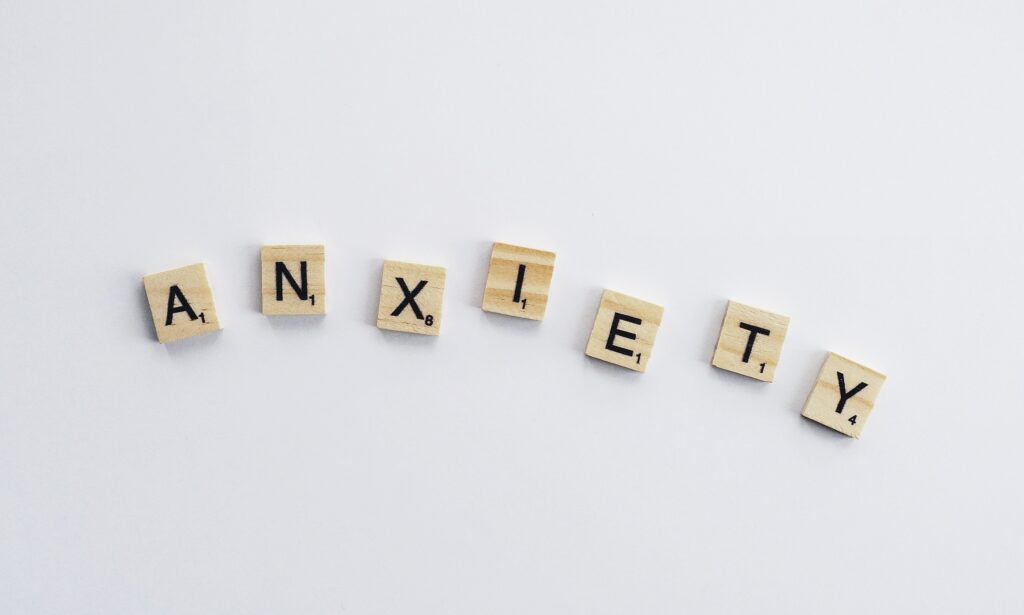Table of Contents
What Is Anxiety ?
Want to learn about types of anxious people, this article will help you understand types of anxious people. The body and mind’s response to stressful, hazardous, or strange events is anxiety. It’s the unease, anxiety, or fear you experience before a big event. A certain amount of anxiety keeps us awake and vigilant, but for people with anxiety disorders, it feels out of the ordinary and can even be fatal. Causes of anxiety can be different for different people, as well as the types of anxious people and anxiety.

What Are The Types of Anxiety?
There are several anxiety-related symptoms and indications, as well as various anxiety disorders. While some of these problems are more prevalent than others, some have more definite root causes. Types of anxious people or types on anxiety are as follows:
- Generalized Anxiety Disorder
- Panic Disorder
- Agoraphobia
- Separation Anxiety Disorder
- Phobia Specific
Generalized Anxiety Disorder
One of the most prevalent generalized disorders, as its name implies, it can significantly disturb your daily activities. Many of the typical symptoms of anxiety are present, including excessive worry, annoyance, agitation, and paranoia.
Panic Disorder
At this point, panic attacks are generally linked to anxiety as the main cause. This entails experiencing the attack, dreading the next one, and avoiding individuals and locations in an effort to stop a repeat attack. The key factor is fear, which causes panic disorder and makes a person not want to interact with anyone or anything. Increased heart rate, shaking, shortness of breath, and sweating are some of the signs of an anxiety attack.
Agoraphobia
Agoraphobia, sometimes called social anxiety disorder, is basically a dread of people, places, and things. A person with agoraphobia is prone to avoid or be afraid of places where there are lots of people around. Agoraphobia is a condition where a person fears being embarrassed (being scrutinized by others), being trapped (since there are no escapes), and being powerless.
Separation Anxiety Disorder
Although children are frequently linked to it, anyone at any age might be impacted. All age groups experience the same emotions that are related to separation anxiety, which include fear of being alone, worry about what might happen if they are split up, and worry that the person they are linked to might suffer harm.
Phobia Specific
A very specific object can cause worry in some people, and this is frequently manifested as phobias. Despite the fact that agoraphobia has been discussed, it is a bit more widespread than, for example, a fear of flying or a fear of snakes. Exposure to the things they have a phobia for can cause anxiety episodes and terror; avoiding the same things is also typical.
You should seek professional assistance if any of the aforementioned anxiety symptoms persist for more than six months. Even individuals who experience emotional interference in their daily life for a little length of time should see a doctor. The best people to treat someone with anxiety are licensed psychologists, psychiatrists, and therapists, who can do so using a variety of therapeutic approaches, including cognitive therapy and prescribed medication.
Conclusion
It’s important to remember that anxiety can manifest in various ways in different individuals. Whether you are an introvert who tends to overthink, an extrovert who seeks constant reassurance, a perfectionist who feels overwhelmed by high standards, a people-pleaser who fears judgment, or someone who experiences panic attacks or phobias, understanding the different types of anxious people can help you better identify and manage your own anxiety. It’s essential to practice self-compassion, seek appropriate support, and implement healthy coping mechanisms that work best for you. Remember, everyone’s journey with anxiety is unique, and with the right strategies and support, it is possible to manage and thrive despite anxiety’s challenges.
Learn more about the human mind, discover yourself and remain motivated with Evolve! If you liked our article, try the Evolve App to help you move on and focus on your growth. Evolve has a range of guided audios that help you proactively manage stress, reduce anxiety and make mindfulness light and joyful, so you can be balanced at any time! The Evolve app is now live globally on Android and Apple. Click here to try it for free!
5 Simple Hacks to Stop Overthinking – Evolve (evolveinc.io)
How To Stop Overthinking Social Interactions – Evolve (evolveinc.io)
What is Difference Between Anxiety And Overthinking – Evolve (evolveinc.io)
Co-founder and brains at LeapX by C32 Media Labs
Mail at sarah@c32.media to connect with her.
